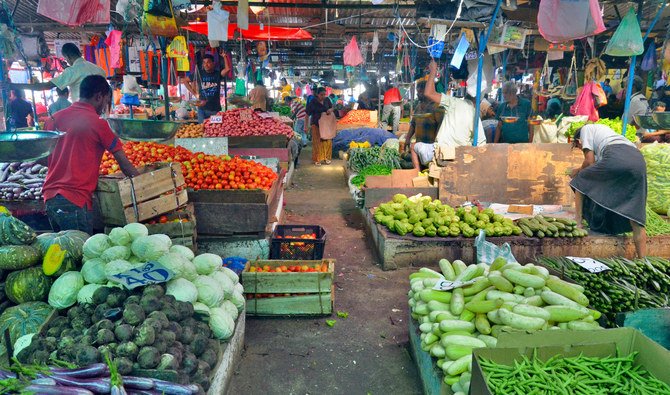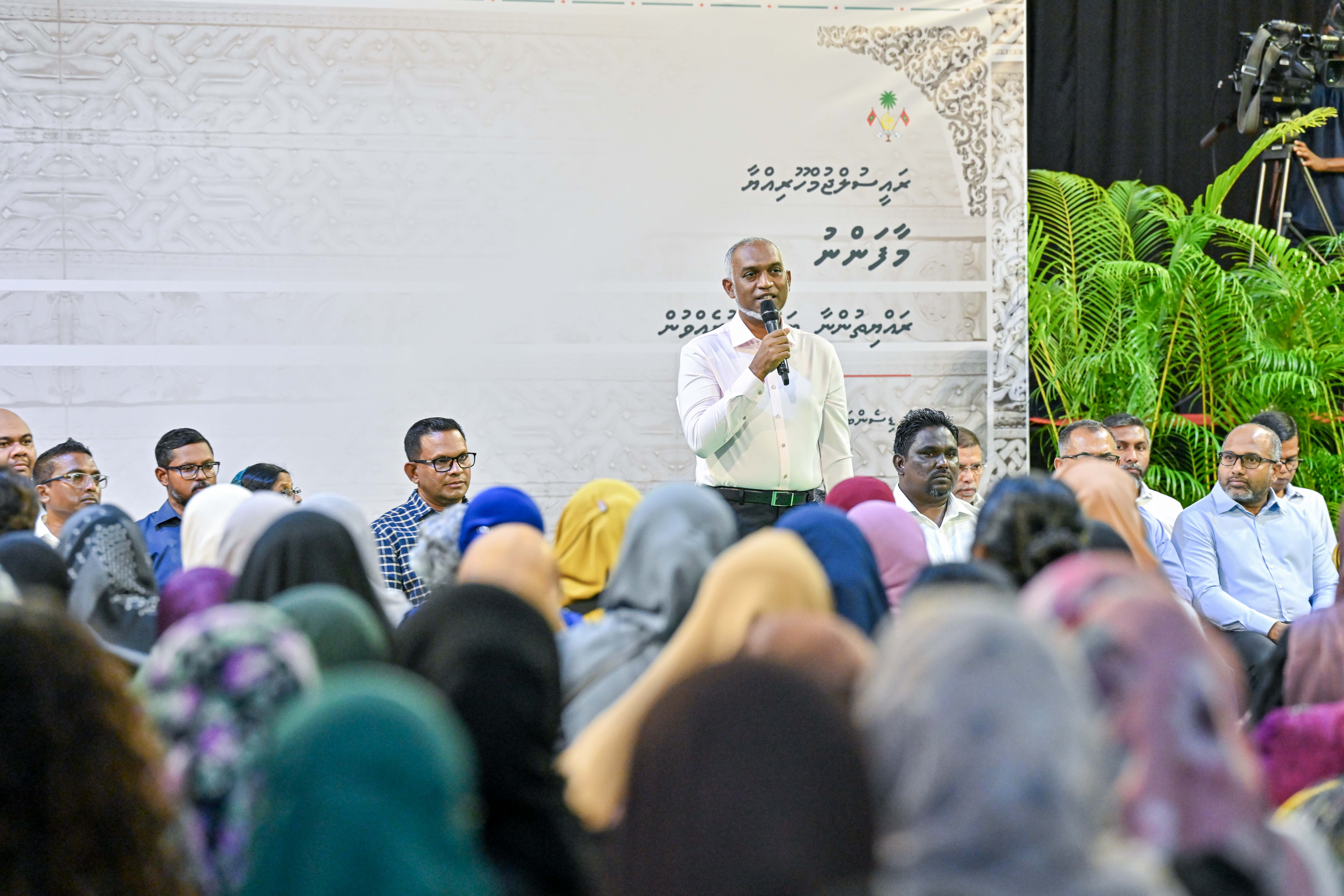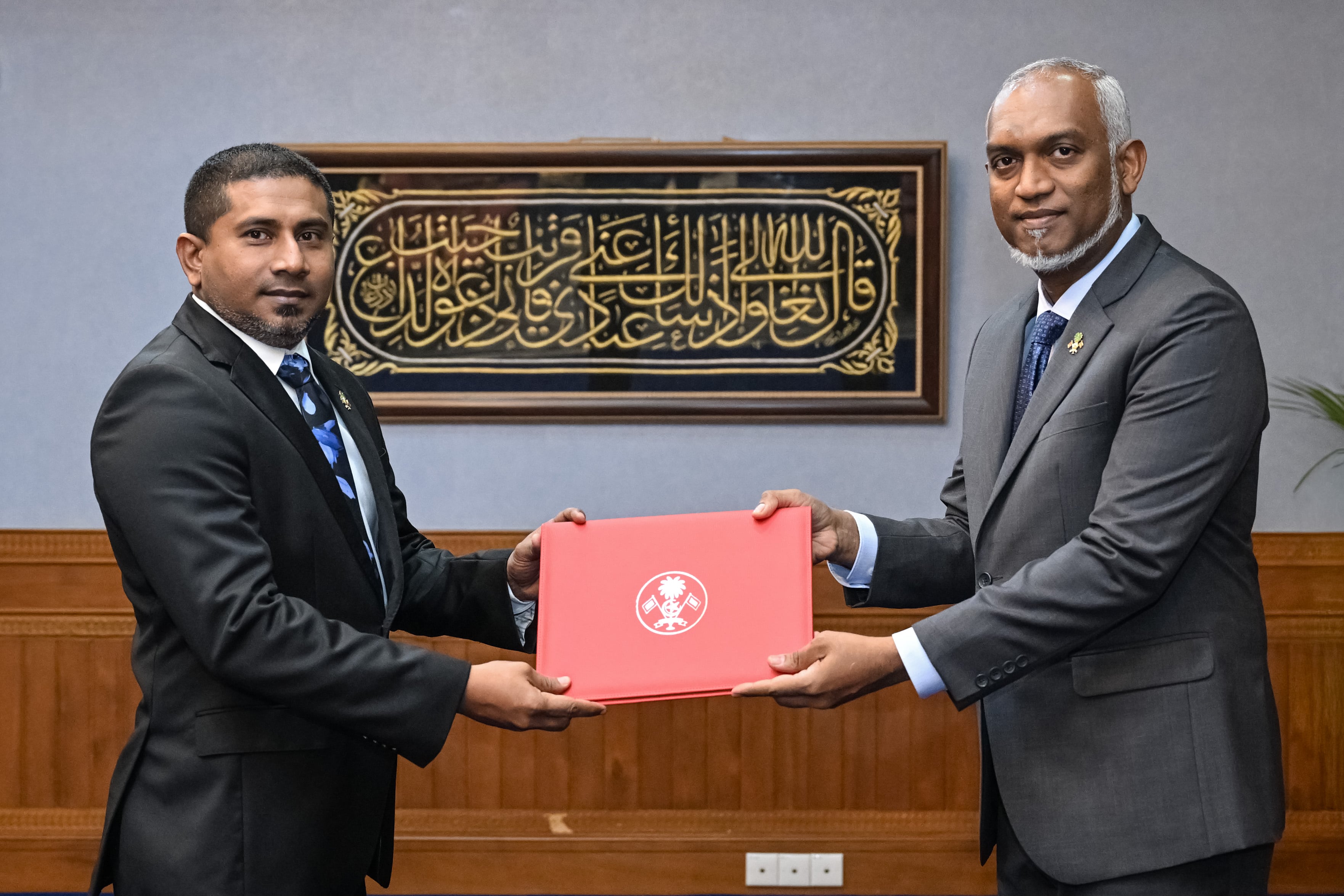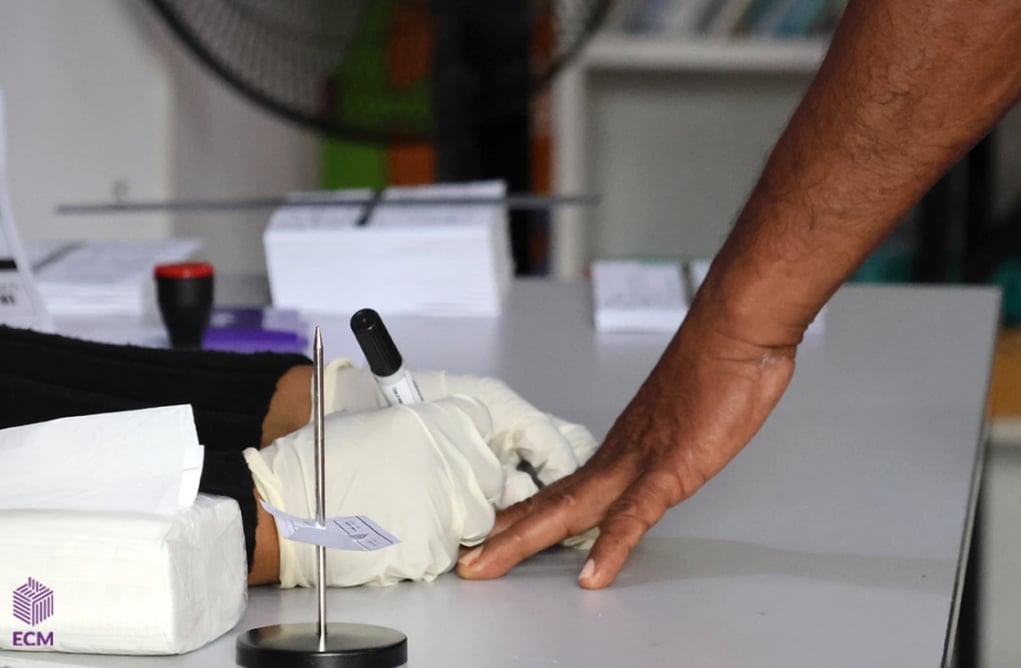The Sri Lankan government on Thursday denied that the country was facing a food shortage, underlining that the Public Security Ordinance on the supply of essential goods was imposed to stop their hoarding.
President Gotabaya Rajapaksa on August 31 issued emergency regulations to control the prices of essentials in a preventive move to stop hoarding of them. It came a day after Sri Lankan authorities declared an economic emergency triggered by a sharp fall in the value of the country’s currency as a result of a foreign exchange crisis.
The government has denied the media speculations on food shortage which was raised following the regulations,
“Certain local and foreign media are carrying out media stories that there is a food shortage in the country. There is no basis to these reports,” the government director of information said in a statement released on Thursday.
He added that following reports that certain traders were hoarding essential commodities such as paddy, rice, and sugar, and the clauses under the public security ordinance on essential food supplies were given effect. The aim was to seize such stocks and hand them over to state establishments for distribution at a reasonable price.
The government blames traders for hoarding. Officials said they have already seized large amounts of sugar and other staple goods from rogue traders, and urged all suppliers to comply with the new fixed prices.
Speaking to the media the state minister for small plantation crops, Janaka Wakkumbura, reassured that the authorities have enough stocks for the next five months and have capped the price of sugar, for example, at 130 rupees ($0.65) a kilogram, almost half the pre-crisis cost of 240 rupees, and there are stiff penalties for those who ignore the new rules and continue to charge higher prices.
President Gotabaya Rajapaksa on August 31 issued emergency regulations to control the prices of essentials in a preventive move to stop hoarding of them. It came a day after Sri Lankan authorities declared an economic emergency triggered by a sharp fall in the value of the country’s currency as a result of a foreign exchange crisis.
The government has denied the media speculations on food shortage which was raised following the regulations,
“Certain local and foreign media are carrying out media stories that there is a food shortage in the country. There is no basis to these reports,” the government director of information said in a statement released on Thursday.
He added that following reports that certain traders were hoarding essential commodities such as paddy, rice, and sugar, and the clauses under the public security ordinance on essential food supplies were given effect. The aim was to seize such stocks and hand them over to state establishments for distribution at a reasonable price.
The government blames traders for hoarding. Officials said they have already seized large amounts of sugar and other staple goods from rogue traders, and urged all suppliers to comply with the new fixed prices.
Speaking to the media the state minister for small plantation crops, Janaka Wakkumbura, reassured that the authorities have enough stocks for the next five months and have capped the price of sugar, for example, at 130 rupees ($0.65) a kilogram, almost half the pre-crisis cost of 240 rupees, and there are stiff penalties for those who ignore the new rules and continue to charge higher prices.


















